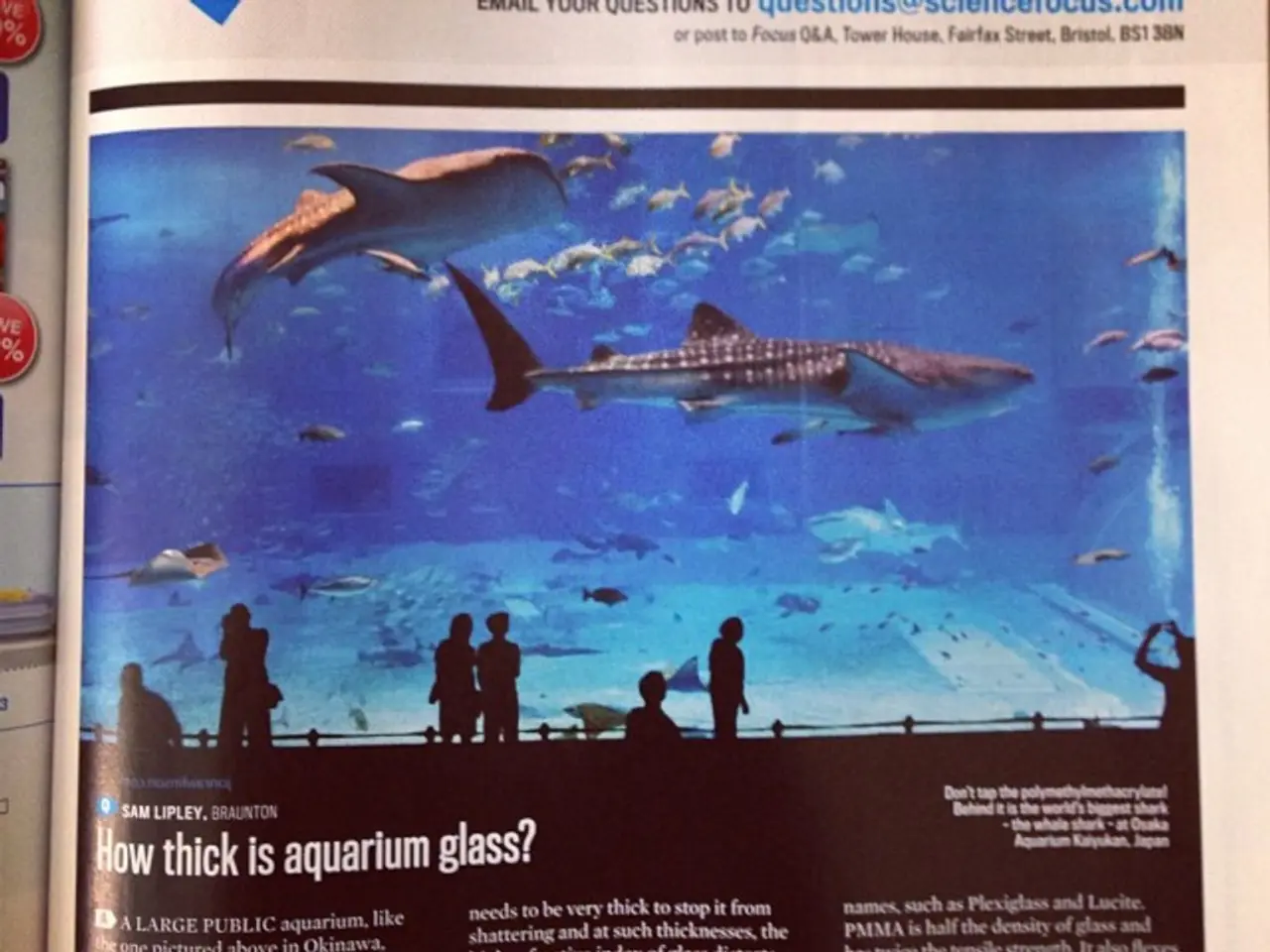Diplomatic Discourse: United States Ambassador Holds Talks with Putin as Ceasefire Cutoff Date Nears
In the ongoing conflict between Ukraine and Russia, the latest diplomatic efforts are centered around a highly anticipated summit scheduled for August 15, 2025, in Alaska. The summit, marking Russian President Vladimir Putin's first visit to U.S. soil in a decade, aims to negotiate a ceasefire in the Ukraine conflict. However, Ukrainian President Volodymyr Zelensky is notably excluded from the initial discussions, a move that has drawn criticism from European leaders and experts.
The U.S. has set deadlines for Russia to back a ceasefire, initially giving Putin 50 days and then reducing it to 10 days ending on August 8, 2025. However, Russia has managed to escape this deadline due to certain concessions made by the U.S. and accommodating Putin's insistence to exclude Zelensky from these key talks. The concessions indicate that while Russia shows willingness to cease hostilities temporarily, no agreement has been reached on a comprehensive peace settlement or on Ukraine’s long-term security concerns.
The potential consequences for Russia, if a ceasefire agreement is not reached, include continuing sanctions and increasing diplomatic isolation. The U.S. and its allies seem prepared to maintain pressure through sanctions and military support for Ukraine. The failure may also prolong the conflict, with Russia facing ongoing military and economic challenges, and the risk of losing international legitimacy.
Meanwhile, on the ground, the conflict continues to take a toll on civilians. A recent Russian strike on a recreational site in the Zaporizhzhia region resulted in two fatalities and twelve injuries. President Zelensky condemned the attack, stating that there's no military sense in it and it's just cruelty to scare people. Recent attacks, including one in Kyiv last week, have resulted in a death toll of 32, marking the deadliest strike since the conflict escalated. Russia has been focusing its air strikes on urban areas in Ukraine.
Ukraine has been using drones to target Russian energy facilities and refineries. President Zelensky believes substantial progress towards peace is unlikely unless Russia faces financial constraints. In support of this belief, Zelensky supports the U.S. administration's threats of increased sanctions aimed at countries that purchase Russian oil. Secondary sanctions may also be imposed on any entities engaging in trade with Russia.
As the diplomatic talks continue, U.S. envoy Steve Witkoff is currently meeting with Russian President Vladimir Putin at the Kremlin. Despite the complex concessions made by the U.S. side, the unresolved core issues could lead to continued conflict and pressure on Russia if no agreement is achieved. The diplomatic approach so far indicates careful tactical concessions by the U.S. to bring Russia to negotiations but without yielding critical security demands, suggesting a tougher stance if talks stall.
[1] ABC News, "U.S.-Russia Summit: What to Know About the Upcoming Meeting," 15 July 2025. [2] The Washington Post, "U.S.-Russia Summit: Excluding Ukraine's Zelensky Sparks Controversy," 16 July 2025.
- Amidst the ongoing war-and-conflicts between Ukraine and Russia, discussions regarding the impending summit between U.S. and Russian leaders have been centerstage in general-news discussions.
- As the diplomatic standoff continues, the politics surrounding the vote on secondary sanctions against countries trading with Russia and Russia's possible responses to such financial constraints have become crucial points of focus in general-news and international relations discussions.





